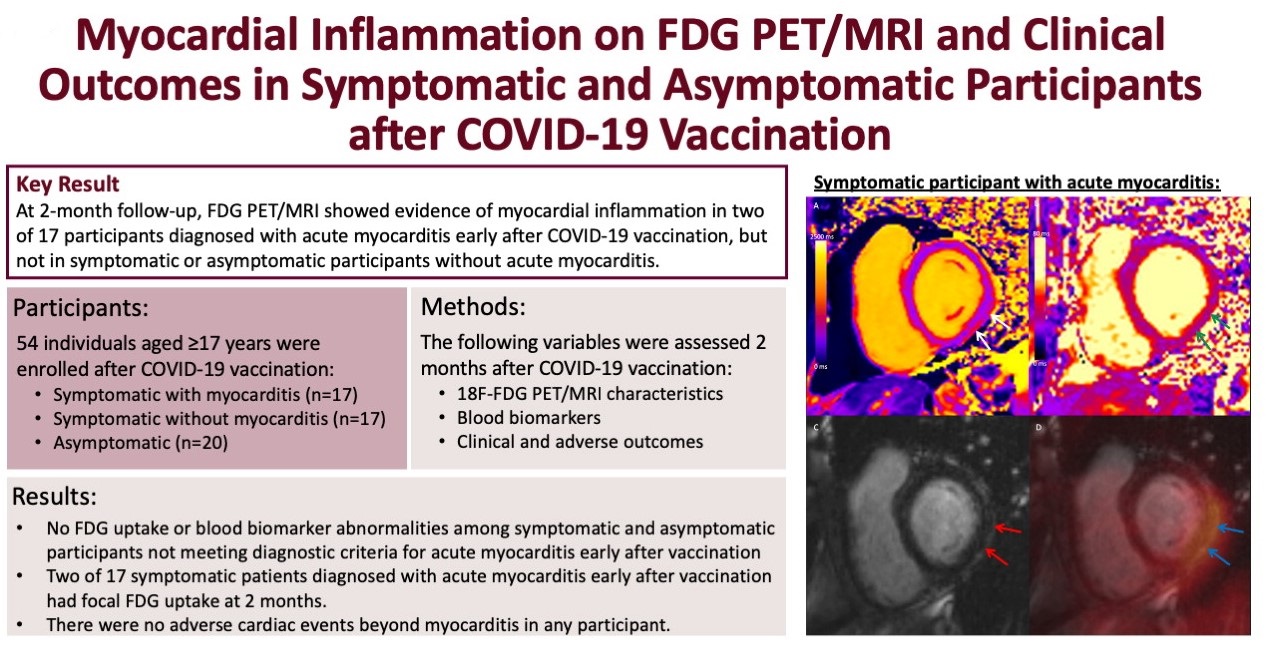Introduction:
Artificial Intelligence (AI) is transforming medicine, relieving doctors of routine knowledge tasks. This article explores how this shift might impact medical training, drawing parallels from the aviation industry’s automation influence on pilot roles.
AI’s Role in Medicine:
Advances in healthcare data and AI are revolutionizing medical practice. Doctors deal with vast healthcare data to make accurate diagnoses and treatment choices. AI can learn from past decisions to apply them to new cases, helping doctors navigate complex data and improve patient care.
Impacts of Rapid Medical Knowledge Growth:
The speed of medical knowledge growth has surged, making it challenging for medical students to keep up. Longer lifespans and complex health issues further complicate medical practice. Electronic medical records contribute to data overload. Medical students must manage enormous amounts of information.
AI as a Solution:
AI can help process and interpret medical data. It can learn and apply clinical knowledge, even outperforming doctors in some cases. Speech recognition automates tasks like transcribing clinical interviews. AI can assist doctors in asking relevant questions, suggesting tests and diagnoses, and personalizing treatment recommendations.
Reshaping Medical Training:
AI’s influence on medicine is similar to how automation changed pilot roles. Pilots transitioned from manual flying to managing automated systems. Similarly, doctors will need to manage AI-supported decision-making. Medical schools must adapt training to include new competencies aligned with this AI-integrated approach.
Challenges and Risks of AI in Healthcare:
Overreliance on AI can reduce doctors’ situational awareness and lead to errors. AI systems can learn from data but also make mistakes. Ethical considerations must be addressed, as AI may not capture the complexity of patient-specific scenarios. A balance between AI and human expertise is crucial.
Shifting Focus of Medical Training:
As AI handles data tasks, medical training will emphasize skills beyond traditional medical knowledge. Doctors-in-training will learn to manage patient data, consider social determinants of health, and collaborate with other healthcare professionals. Empathy and understanding of socioeconomic factors will gain importance.
Returning to Patient-Centered Care:
With AI’s support, doctors can focus more on patient relationships and well-being. Automation in aviation shows that “human-centered automation” can engage professionals. Medical training should empower doctors to work collaboratively with AI, enabling more patient-focused care and improving outcomes.
Conclusion:
AI’s impact on medical training is similar to how aviation automation transformed pilot roles. The AI’s integration requires medical education to emphasize holistic patient care, interdisciplinary collaboration, and doctor-patient relationships. AI’s role should complement human expertise for better healthcare outcomes.
For more interesting topics, visit blogtoeducate.com




